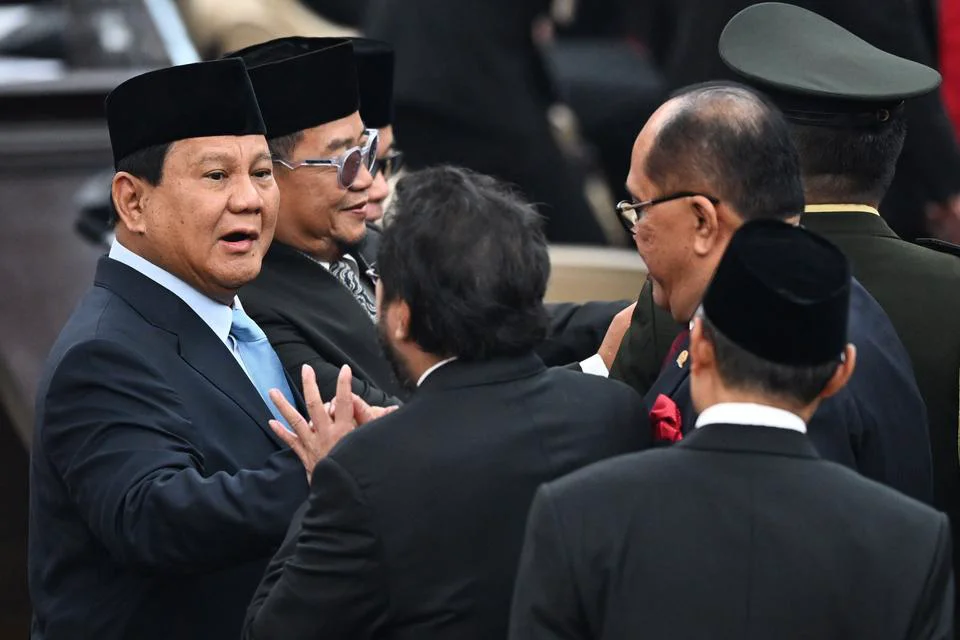The Indonesian government, under President Prabowo Subianto, has set an ambitious target to reduce the Incremental Capital Output Ratio (ICOR) to 4% by 2028. ICOR measures the amount of investment needed to produce an additional unit of output; a lower ICOR indicates higher economic efficiency.
Understanding ICOR
ICOR is a metric that assesses the marginal amount of investment capital necessary for a country to generate the next unit of production. A lower ICOR value signifies more efficient use of capital in generating economic output.
Government's Strategy
To achieve this target, the government plans to prioritize the development of Special Economic Zones (SEZs). Minister of Economic Affairs Airlangga Hartarto highlighted that SEZs like Weda Bay have demonstrated ICOR levels below 4%, showcasing their efficiency.
Challenges Ahead
Despite the promising outlook, challenges remain. The government acknowledges the need to address infrastructure gaps, streamline bureaucratic processes, and reduce production costs to enhance investment efficiency.
Conclusion
By focusing on SEZ development and addressing existing challenges, Indonesia aims to achieve a 4% ICOR by 2028, thereby enhancing its economic efficiency and competitiveness on the global stage.
Read More






 Tuesday, 24-02-26
Tuesday, 24-02-26







